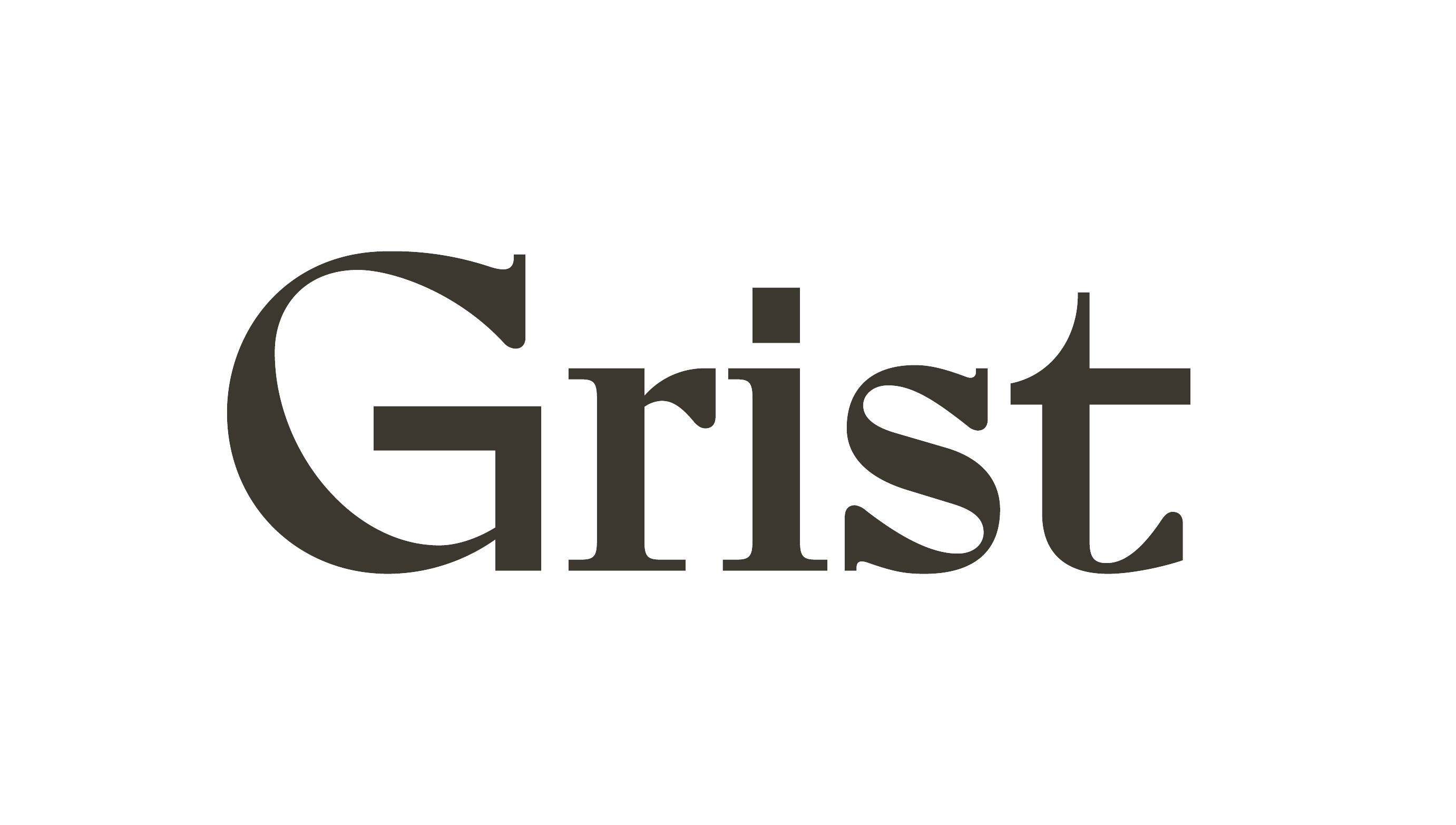The race for clean energy is local
Such markets exist in almost all of the country, save the Southeast, where the makers and sellers of electricity operate with legally protected monopolies in their service territories. If you live in Georgia, Alabama, or Mississippi, for instance, your location within the state determines which power company is available to you, and the utility commission is the primary check on its rates and operations. Because of these utilities’ unique financial structure, with a fixed return on any capital investment guaranteed to their shareholders by the local utility commission, they are better incentivized to build large, capital-intensive energy infrastructure like nuclear plants and offshore wind turbines. That’s put these protected monopolies in the spotlight as they figure out how to respond to the demands of the moment: “The decisions that Southeastern PUC commissioners make over the next three years will make or break whether the U.S. meets the energy transition objectives and, by extension, the world,” said Charles Hua, founder of the organization PowerLines, which is seeking to modernize utility regulation in the U.S. But utility commissions are not only consequential in that region.
“We need to make sure that we do this right,” said Hua, of the current moment in energy transition. “And by that, what we mean is to center the public interest so that the public and consumers come out of this transition better off.”
“If we could wave a magic wand and tomorrow everybody knew that three or five or seven people determine their energy bills, we think that would be a good thing,” Hua said.

Image courtesy of Grist.
